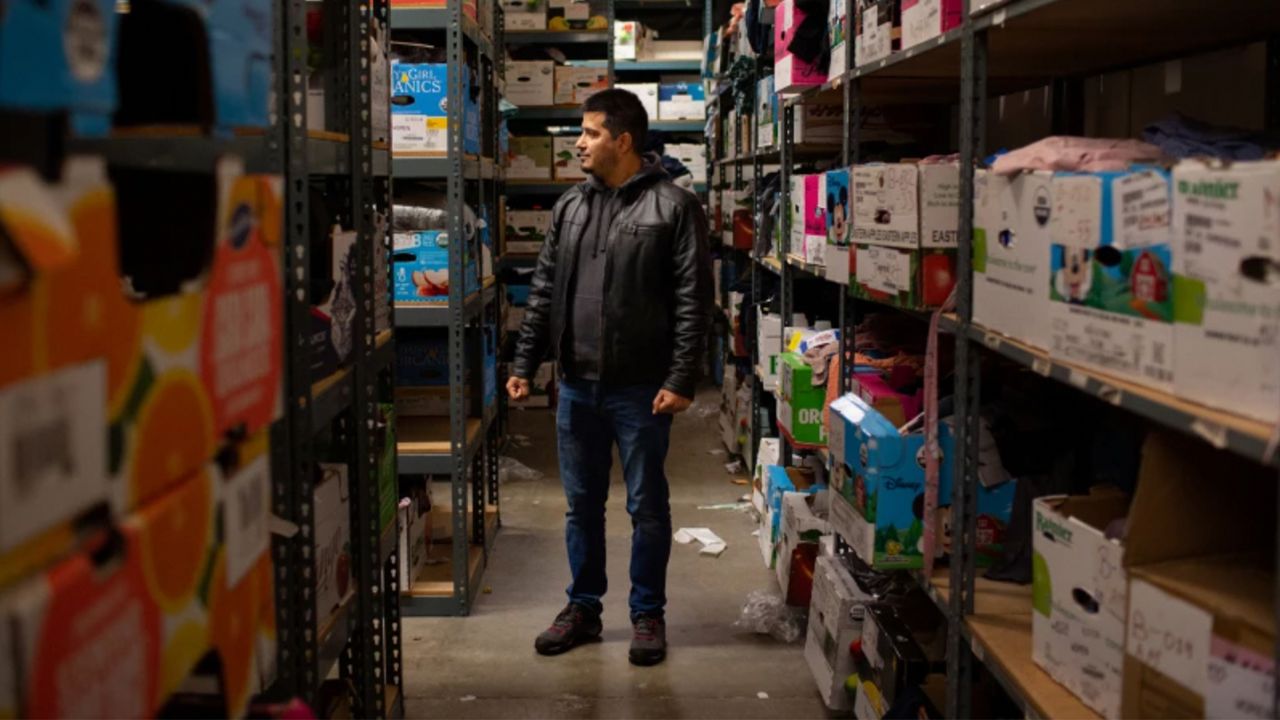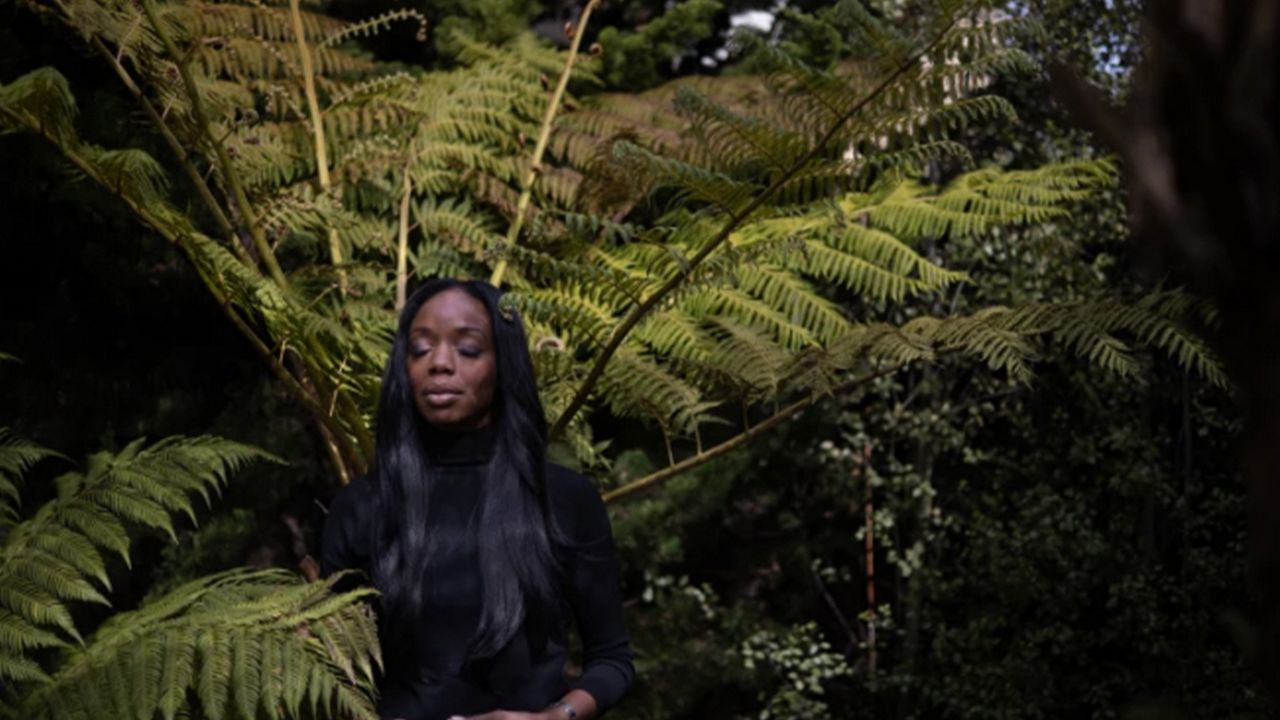From TikTok tarot to remote reiki, the pandemic forced psychics and "spirit" workers to rethink what their work looks like.
And for an industry where time and space don't exist, moving online was a natural transition.
In an interview for "LA Times Today," Washington Bureau Intern Brian Contreras joined host Lisa McRee with more.
History of spiritualism, fortunetelling, speaking with the dead and predicting the future dates back to the 19th century.
"These are very long-running traditions and human culture. But what we think of as sort of the modern spiritualist movement in America and the United Kingdom began around the 19th century, especially around anxieties around child mortality. So a lot of the time, these were families that unfortunately had lost a child and wanted to find some comfort or some solace in these ideas that you can actually speak with your lost child on the other side of the mortal veil. So that's continued to evolve. It's incorporated practices like tarot and all sorts of traditions that nowadays, especially during the pandemic, are starting to actually move on to social media and other web platforms," Contreras said.
Some of the platforms where spirit workers provide services include Instagram, Facebook and Cameo.
"Facebook and Instagram will let you live stream a tarot card reading, or you can have guests volunteer to get their fortunes read. That is interesting because, you know, that can be total strangers on the other side of the planet connecting with these psychics in ways that really wouldn't have been possible before the internet or before coronavirus. Other platforms allow new types of monetization. The app Cameo allows creators to pay people for short videos that are custom-made on a customer-to-customer basis. That lets fortunetellers sell tarot card readings directly to people without having to go through some business," Contreras added.
As part of his reporting, Contreras spoke to Hannah Macintyre, a clairvoyant based in the United Kingdom.
"Hannah actually did a tarot reading for me while reporting for this article. And she uses Cameo for short-form videos for $15, plus the 75-cent processing fee that the Cameo website adds. I got my fortunes read with tarot cards, which is a really interesting opportunity and sort of flesh out what this business is like for people who are doing it even across continents," Contreras said.
Contreras said he also spoke to a psychic medium based out of Canada named Maria Gonçalves, who uses the app Clubhouse to do tarot readings.
"People can join these sort of podcast-like spaces where they are talking with strangers and never see their faces. They do not even have to know who they really are in real life. So Maria and some of her associates do tarot card readings where people will volunteer in the room, give a little bit of background information about what problems they're dealing with. Then Maria and her friends will do readings for them, which is something that they said they wouldn't have gotten into if it weren't for social distancing."
Not every spiritual worker needed the pandemic to get online. Many of them were using social media to find audiences well before this was their only option. And a database put together by the nonprofit newsroom ProPublica shows that some psychics and tarot readers have even received Paycheck Protection Program loans — and the pandemic has forced many spirit workers to rethink what their work looks like in the 21st century.
"They love that they have been able to connect with people outside of whatever town or city they live in. One of the tarot readers I spoke with lives in the Bible Belt and had problems finding people who are comfortable doing this just because of the religious context she is in. So she can find people outside of that region who are more comfortable paying her for these services. Like I said, I got my fortunes read by a tarot reader in the United Kingdom. So it's just opening up whole new business opportunities that no one was really exploring before the pandemic forced them to," Contreras said.
Watch "LA Times Today" at 7 and 10 p.m. Monday through Friday on Spectrum News 1 and the Spectrum News app.











